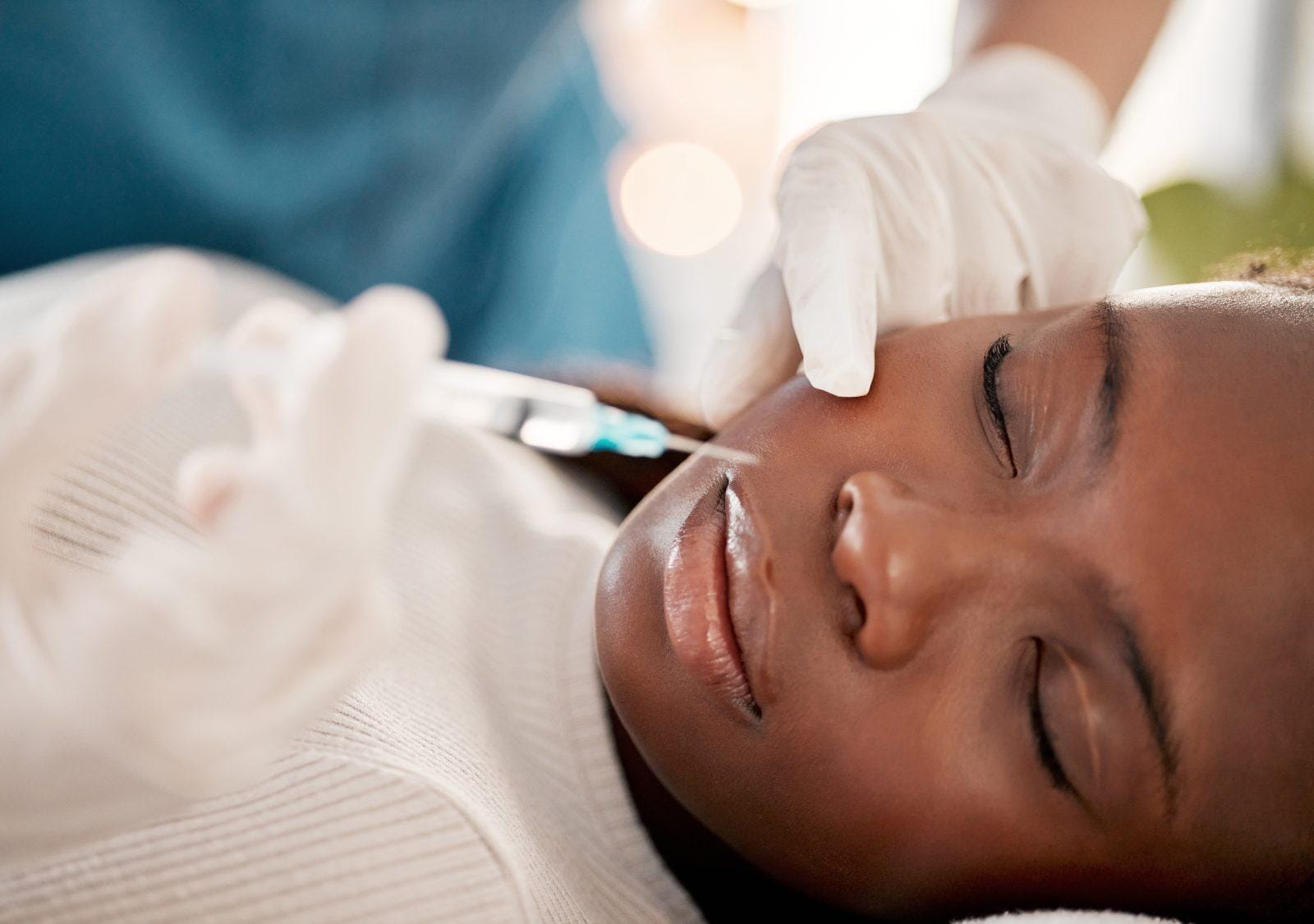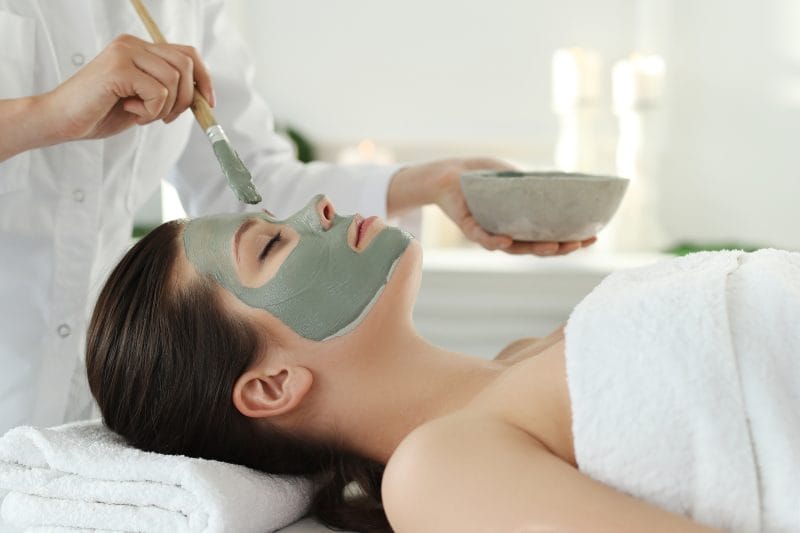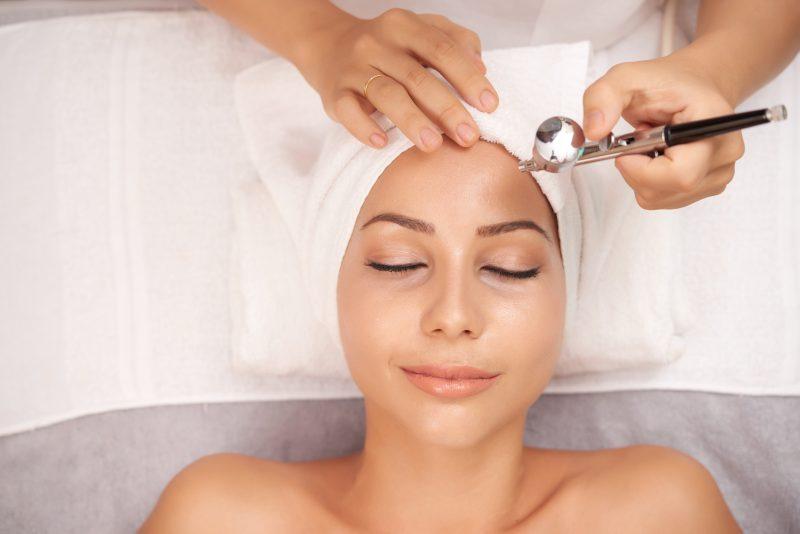Professional Skincare, Skincare
Are Skincare Injectables Safe?
Injectable skincare treatments, such as dermal fillers and Botox, have become increasingly popular as people seek non-invasive ways to maintain youthful skin. However, as with any medical treatment, it’s important to consider the most research about the safety of the ingredients used in these procedures.
Understanding Injectable Ingredients
One of the most commonly used ingredients in injectable skincare is hyaluronic acid (HA). HA is a naturally occurring substance in the human body, known for its ability to retain moisture. When used in dermal fillers, it can add volume and smoothness to the skin. According to a study published in the Journal of Dermatologic Surgery, HA fillers are generally safe and provide consistent results. The study also noted that adverse reactions are rare and usually mild, such as temporary redness or swelling at the injection site.
Another popular ingredient is botulinum toxin, widely known by its trade names like Botox. This neurotoxin is used to reduce the appearance of wrinkles and fine lines. A review in the Journal of Clinical and Aesthetic Dermatology highlighted the high safety profile of botulinum toxin when administered by a qualified professional. The review emphasized that serious side effects are extremely rare, with most complications being minor and transient, like bruising or temporary facial weakness.
Poly-L-lactic acid (PLLA) is a biocompatible and biodegradable synthetic substance used in injectable skincare. PLLA acts as a collagen stimulator, gradually improving skin texture and volume. A study in the Aesthetic Surgery Journal reported that PLLA injections have a good safety profile, with side effects similar to those of HA fillers. The study also mentioned the importance of proper injection technique to minimize complications.
Calcium hydroxylapatite (CaHA) is another ingredient found in certain dermal fillers, known for its ability to stimulate natural collagen production. According to a study in Dermatologic Surgery, CaHA fillers have an excellent safety record. The study pointed out that while there are risks, such as nodules or asymmetry, these are uncommon and typically resolve with minimal intervention.
The Importance of Professional Expertise
Experts in the field stress the importance of choosing a qualified and experienced practitioner for injectable treatments. Dr. Jane Smith, a board-certified dermatologist, advises, “While injectable skincare ingredients are generally safe, the expertise of the person administering them plays a crucial role in ensuring a safe and effective treatment.” Dr. Smith underscores the importance of a thorough consultation before any procedure to discuss potential risks and set realistic expectations.
Another critical safety aspect to consider in injectable skincare is the regulation and quality of the products used. In the United States, the Food and Drug Administration (FDA) approves and monitors injectable skincare products. These regulations ensure that the products are safe, effective, and of high quality. Patients are encouraged to inquire about the FDA approval of any injectable product before undergoing treatment.
Individual Factors and Allergic Reactions
While injectable skincare ingredients are generally safe, individual reactions can vary. These may include allergic reactions, infection, or vascular complications. The American Academy of Dermatology advises that patients discuss their medical history and any known allergies with their provider before undergoing treatment. Skin tests may be recommended for certain substances to rule out allergic reactions.
Long-Term Safety and Research
The long-term safety of injectable skincare treatments is an ongoing area of research. Most current studies indicate that these treatments are safe when used as directed. However, ongoing research is essential to fully understand the long-term effects of these substances, especially as new products and technologies emerge.
In conclusion, injectable skincare treatments using ingredients like hyaluronic acid, botulinum toxin, poly-L-lactic acid, and calcium hydroxylapatite have been shown to be safe and effective when administered correctly. The key to minimizing risks lies in selecting a qualified professional and using FDA-approved products. As with any medical procedure, it’s essential for patients to be well informed about the potential risks and benefits and to have realistic expectations about the results. With the right approach, injectable skincare can be a safe and valuable tool in achieving a youthful and rejuvenated appearance.





